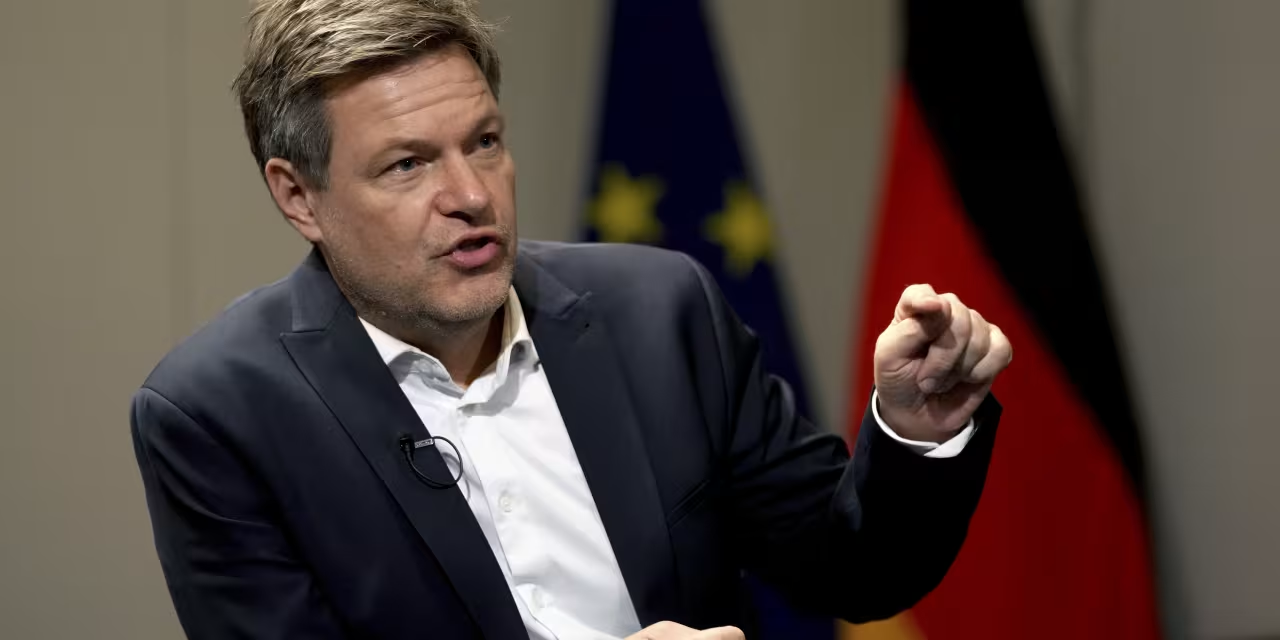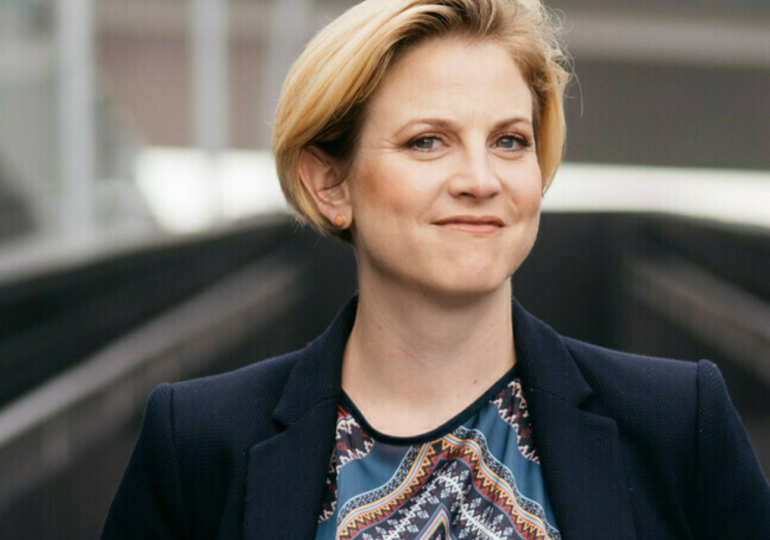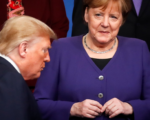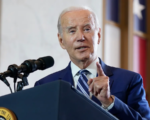Habeck Seeks Reform, Targets Centrist Voters in Bid to Lead Germany

Habeck’s Pitch for Reform and Stability
Robert Habeck, leader of Germany’s Greens and economy minister in the government that collapsed 10 days ago, presented himself as the solution to Germany’s stagnation, positioning his party as the only force capable of preventing a return to a grand coalition government. Habeck, elected as his party’s candidate for the February 23 election by 96% of delegates at the Green national congress, emphasized his willingness to work with conservative frontrunner Friedrich Merz on a crucial spending cap reform.
- Contrast with Conservatives: Habeck’s speech was a direct appeal to centrists disillusioned with the current political landscape, particularly those who backed Angela Merkel’s stable leadership but now feel alienated by Merz’s combative conservatism. Habeck contrasted his calm and reasoned approach to Merz’s volatile style, hoping to attract voters who are looking for an alternative to the polarizing figure of the conservatives.
- Debt Brake Reform: In an effort to demonstrate his pragmatic approach, Habeck proposed cooperation with Merz on reforming the debt brake, a constitutionally enshrined spending cap, before the election. This offer seeks to address divisions within Merz’s camp between fiscal conservatives and those advocating for increased public spending.
Germany’s Economic Crisis and the Election’s Stakes
The upcoming election comes at a time of heightened economic pressure, with Germany facing fierce competition from China, rising protectionist sentiments globally, and years of underinvestment. Habeck and Chancellor Olaf Scholz are betting that voters’ dissatisfaction is less about support for Merz and more about frustration with the current state of the economy.
- Appealing to Disillusioned Voters: Habeck’s speech targeted the “Merkel voters”—centrist, liberal-leaning individuals who appreciated Merkel’s stability but are now uncertain about where to place their votes. This strategy seems designed to capture the middle ground in a political landscape shifting to the right under Merz’s leadership.
Habeck’s Strategy and the Party’s Position
While Habeck’s offer to work with Merz may appeal to centrist voters, it also underscores his centrist and pragmatic approach, despite being part of the Green party. He draws parallels to Merkel, who was known for her intellectualism and stability. However, Habeck’s vision differs from Merkel’s, particularly in her government’s reliance on Russian energy, which he aims to move away from.
- Opposition Criticisms: Habeck’s centrist appeal has not been without criticism. Bijan Djir-Sarai of the neoliberal Free Democrats, previously a coalition partner of the Greens, argued that Habeck’s left-green ideology threatens jobs and economic stability. This critique highlights the ongoing division in Germany’s political landscape, where the Greens’ policies are seen by some as a threat to economic prosperity.
















